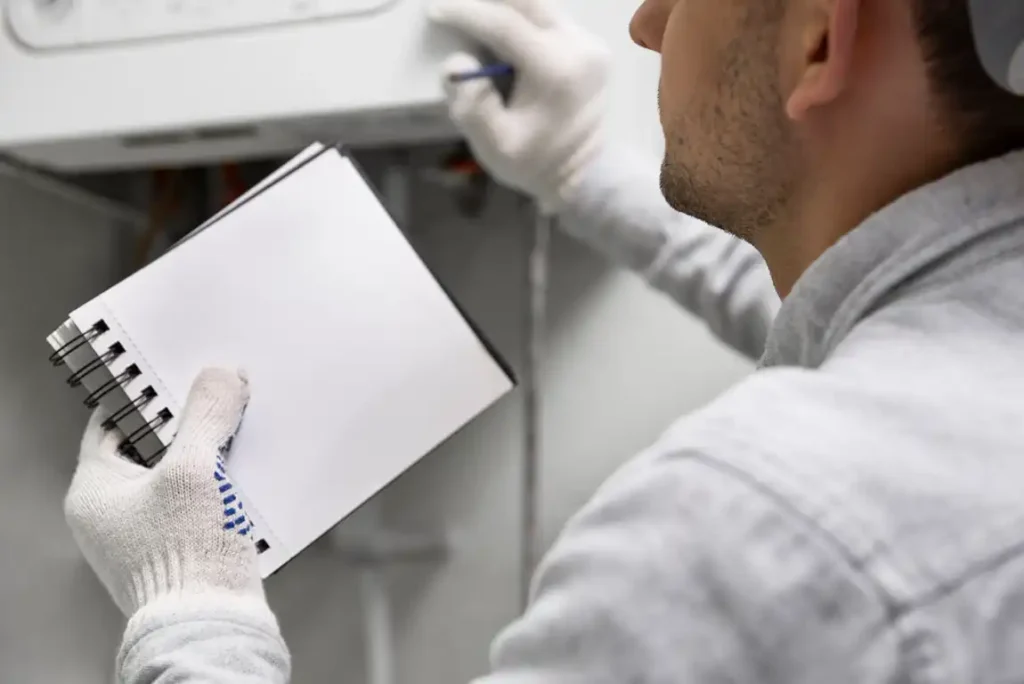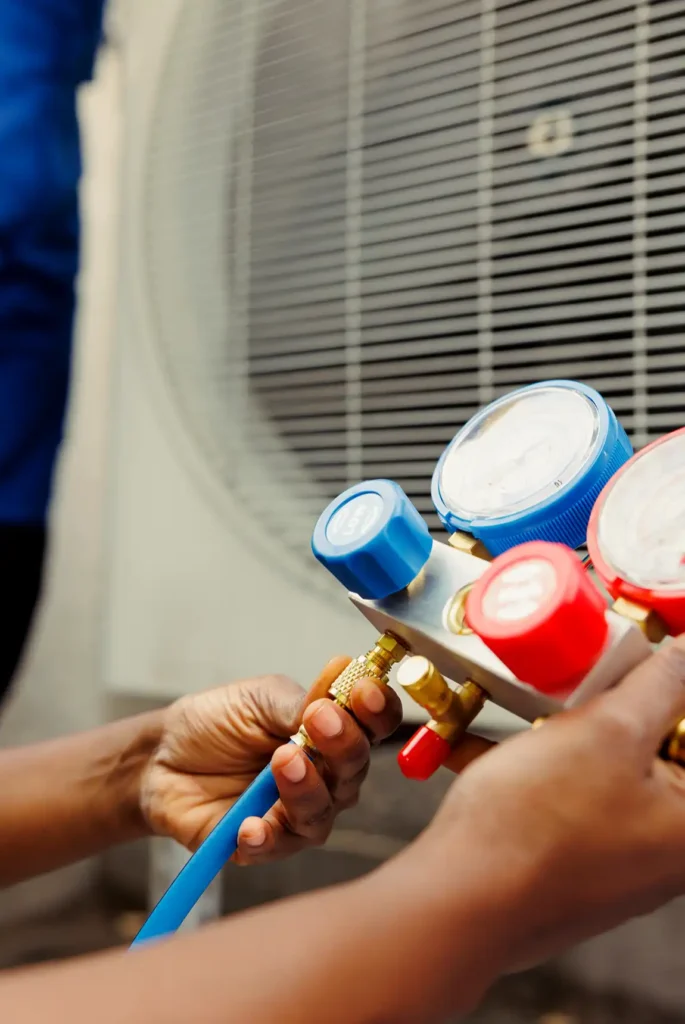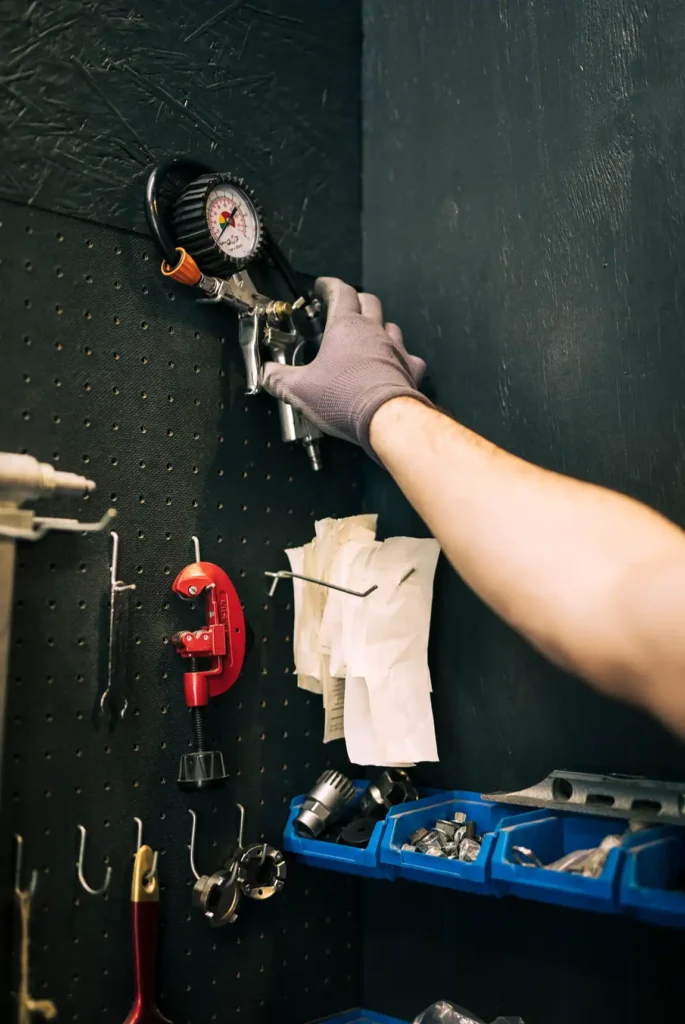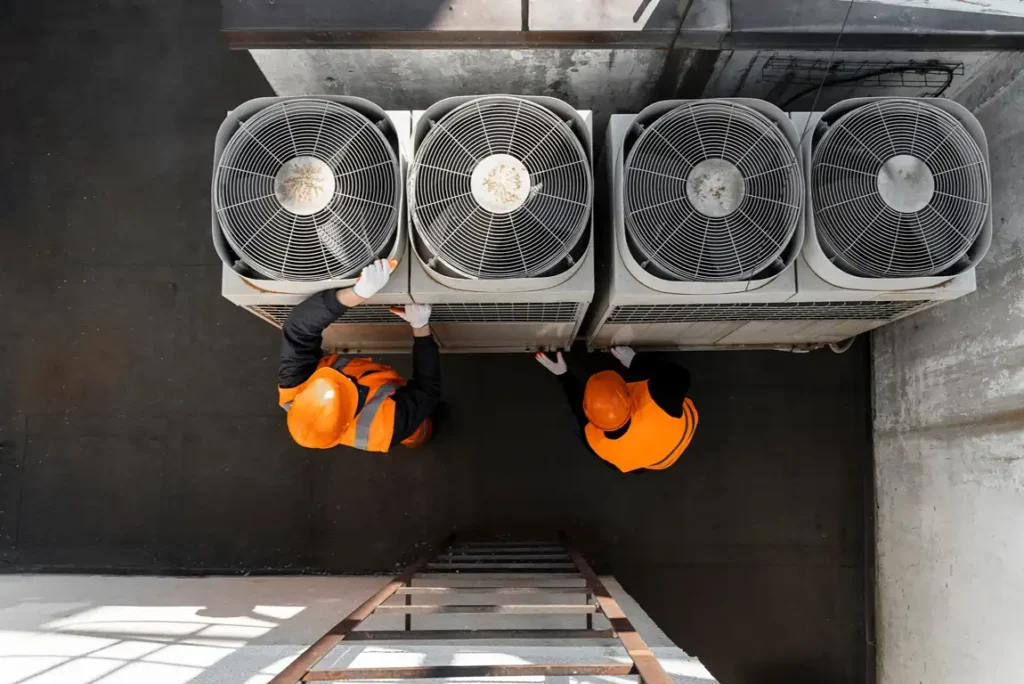Air Conditioning Inspections
Air Conditioning Inspections
Air conditioning systems with an effective rated output above 12kW must be inspected every five years by a qualified energy assessor. These inspections cover the refrigeration and air movement components, system controls, and whether the system is appropriately sized for its cooling demands.
An Air Conditioning Inspection (ACI) also helps you understand how efficiently your system is operating and highlights opportunities to enhance its performance. This not only supports compliance but can also lead to significant improvements in energy efficiency and cost savings.


The Regulations
Under the Energy Performance of Buildings legislation, air conditioning systems with an effective rated output over 12kW must be inspected by an accredited energy assessor at least once every five years.
Initial inspections were required by 4th January 2009 for systems over 250kW commissioned before 2008. Many organisations are still not in compliance. For systems over 12kW commissioned before 2008, the first inspection was required by January 2011. Systems commissioned from 2008 onwards must be inspected within five years of their installation date.
For regulatory purposes, one or more air conditioning units under the control of a single person within a building are considered a single system. The responsible person is the one who oversees the technical operation of the system—not just someone who adjusts the temperature. This may be a building owner, facilities management provider, or a tenant, even if they outsource maintenance.
As of April 2012, all Air Conditioning Inspection (ACI) reports must be lodged on the national database managed by Landmark PLC. This system makes it easier to verify which buildings have met the inspection requirements and are in compliance with the legislation.
What is involved in an Air Conditioning Inspection
The inspection assesses the refrigeration and air movement components of air conditioning systems, along with their controls. It also reviews any available documentation that provides insight into the system’s design or indicates the level of maintenance performed.
The accredited energy assessor must also evaluate whether the system is appropriately sized for the cooling demands of the spaces it serves and offer recommendations to improve its performance.
The goal of the inspection and report is to give the building owner or manager clear, practical information about the system’s efficiency, along with guidance on enhancing its energy performance or overall effectiveness.


Your Responsibilities
If you control the operation of an air-conditioning system affected by these regulations, it is your responsibility to:
- ensure an inspection has been done in accordance with the requirements and timetable of the Regulations
- keep the most recent inspection report made by an energy assessor
- give any inspection report kept by you to any person taking over your
- responsibilities with respect to the control of the air-conditioning system
Have Questions? We’re Just a Message Away
What Our Clients Are Saying
Posted onTrustindex verifies that the original source of the review is Google. Lucia is great and very helpful. Highly recommend their services!Posted onTrustindex verifies that the original source of the review is Google. In these testing times i feel very lucky to have Here's The Plan on my side. What a fantastic service they provide when it comes to tendering your energy supplier. This high service continues afterwards by monitoring the suppliers invoicing.Posted onTrustindex verifies that the original source of the review is Google. We have worked with Here's The Plan for close to a decade now and every person we have encountered has been friendly, professional and extremely helpful! Over the years they have saved our community club a small fortune on our utilities and we are so grateful to them for all that they do. We couldn't be happier with them and would highly recommend them to anyone.Posted onTrustindex verifies that the original source of the review is Google. Very attentive + knowledgeable professional team.Posted onTrustindex verifies that the original source of the review is Google. I have found that using Here's The Plan as our companies broker has saved us a lot of time and hassle . They are always there at the end of the phone or email. If there has ever been any problems i would have to say it has always been from the suppliers end and never from H T P . They are professional and deal with any of our problems or questions rapid . Again they just save so us time and hassle so we can get on with our business .Posted onTrustindex verifies that the original source of the review is Google. We have been using Here's The Plan formerly MDG for nearly 20 years for our electricity contracts. I find them extremely efficient and prompt at sorting out any queries I have. Unlike the large electricity companies the phone is answered straight away. I received email quotes every week regarding new contracts and listened to their advice on the market resulting in a good renewal contract. Keep up the good work.Posted onTrustindex verifies that the original source of the review is Google. We have received a five star service from Heres the plan for both our domestic and business electricity supplies. Gordon and Annette have gone above and beyond to ensure we have got the best deal and have held our hand through the whole process of changing suppliers.Posted onTrustindex verifies that the original source of the review is Google. Professional service and a solutions-orientated approach. Would recommend to any organisation looking to achieve energy and cost efficiencies.Posted onTrustindex verifies that the original source of the review is Google. First Class support and professional guidance for our ongoing utilities contract management. Proactive as always by Christina and the full team, helping Star to mitigate against the challenging market conditions.